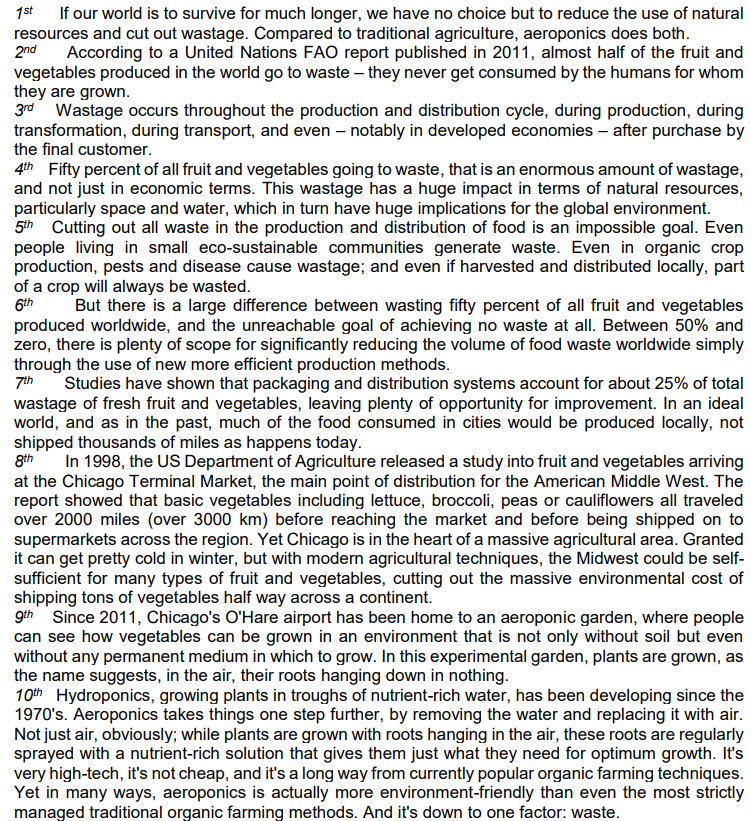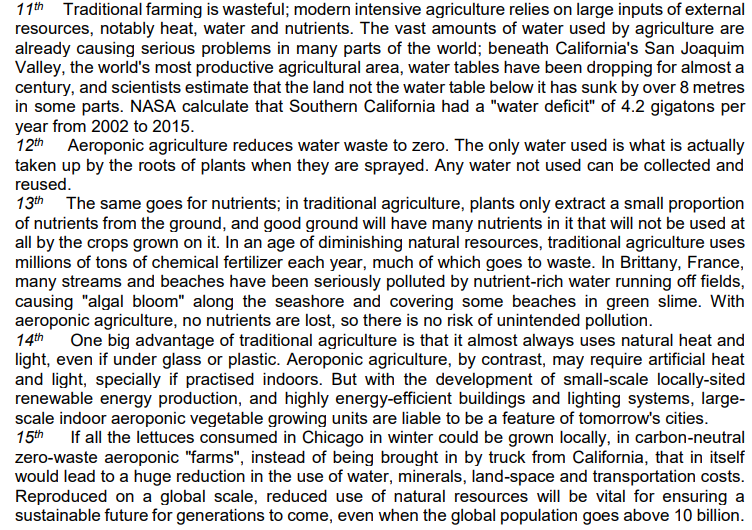“While a focus on grammar as a linguistic resource puts a
more positive face on the role of grammar in writing instruction,
any discussion of this role should include attention to learners’
writing errors, a significant concern for most L2 writing teachers
and their students. For decades, studies and debates on the
effectiveness of differing types of error correction and, indeed, of
error correction at all, have been a major topic in the L2 writing
literature. Central in recent debates include the exchanges
between Truscott (1996, 2007), who believes that ESL research
does not provide evidence showing that error correction improves
writers’ accuracy over time, and Ferris (1999, 2011), who, while
acknowledging that research base lacks controlled studies on this
topic, nevertheless asserts that studies have indicated short-term
improvement. Ferris (2011) has further pointed out that without
attention to errors and explicit instruction, adult learners may fail
to make progress in correcting patterns of errors in their L2
writing. Indeed, writing teachers in higher education contexts
have found out that many of their multilingual students enter
colleges and universities unaware of frequent error patterns in
their writing”.
(CELCE-MURCIA, M; BRINTON, D.M. & SNOW, M. A. (Editors). Teaching English
as a Second or Foreign Language. 4th Ed. Boston, U.S.: National Geographic
Learning / Heinle Cengage Learning, 2014, p. 240).









